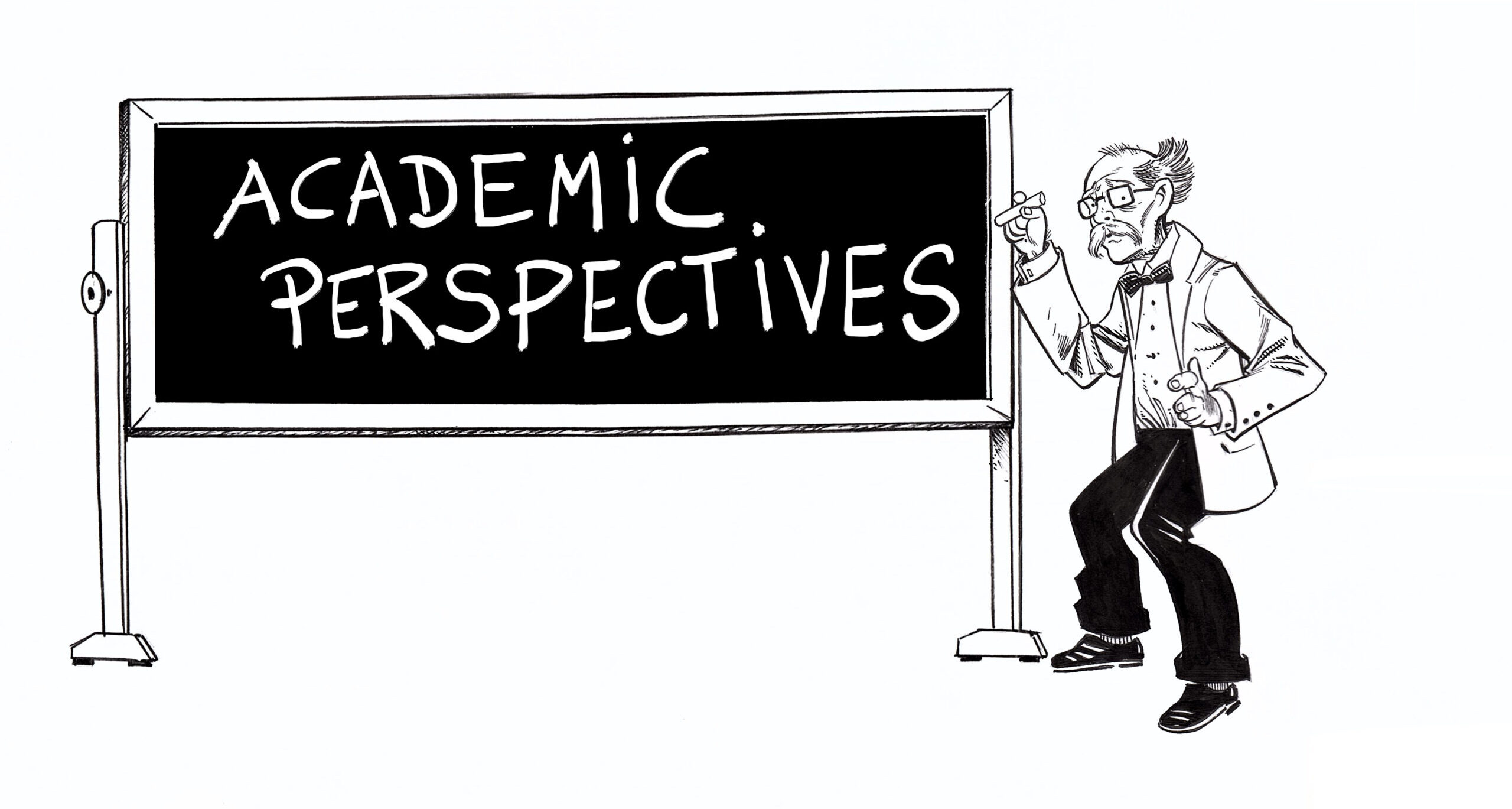Study by Astrid Voorwinden
This paper focuses on two interconnected core components of the smart city: ‘smart’ technologies and partnerships with actors from the private sector. ‘Smart’ technologies refer to technologies that are capable of generating information (by gathering, transferring, storing, and/or analysing data) and, to some extent, reacting to this information (through various degrees of automation). To use these ‘smart’ technologies, local governments enter into relationships with technology companies through different legal arrangements. This results in an entanglement between the rise of data-driven technologies and the rise of private involvement in urban governance. Smart technology providers, because of their unique position, influence policymaking through their products and services. Yet, the effect of this role on public values remains unaddressed. This article considers how the use of public-private partnerships (PPPs) in smart city development challenges public values, particularly accountability and transparency.


